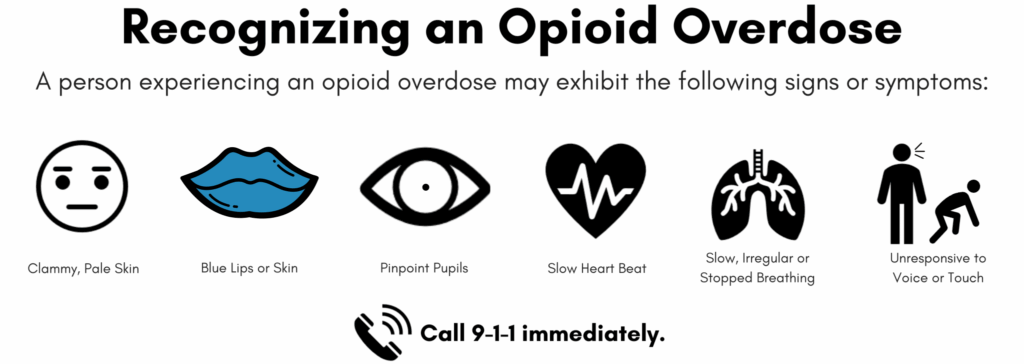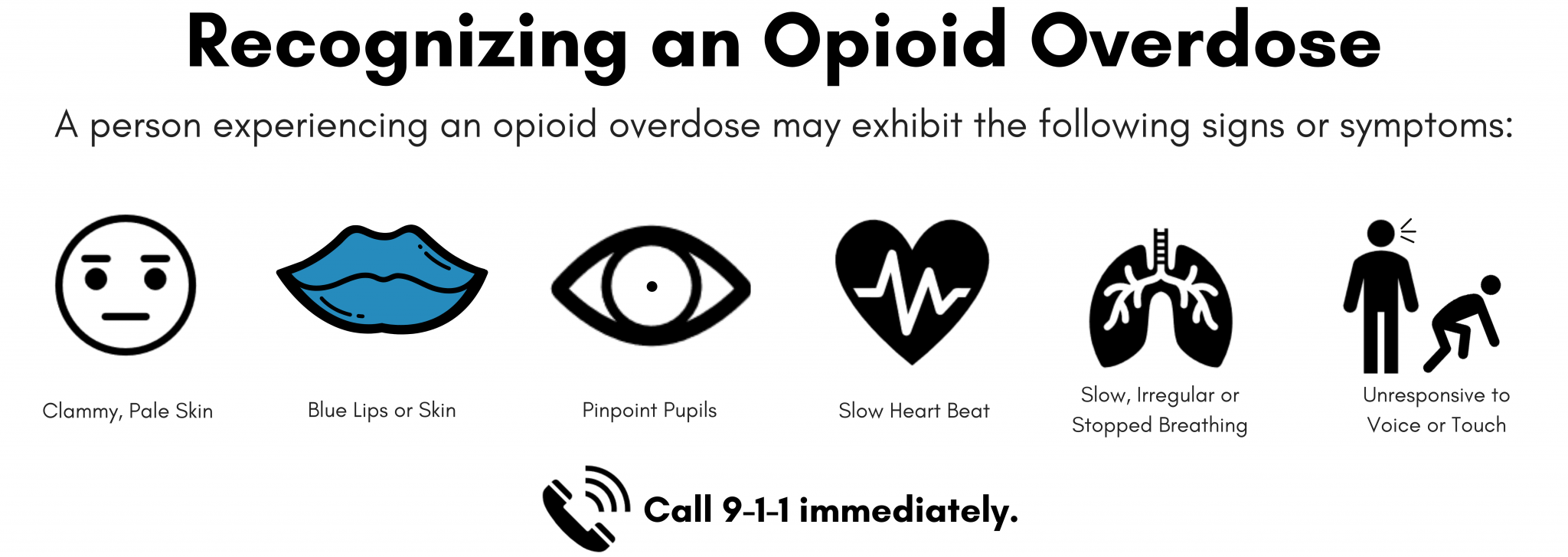
DEA Approved Opioid Course: Ensuring Compliance and Combating the Opioid Crisis
The opioid crisis remains a significant public health emergency in the United States. In response, the Drug Enforcement Administration (DEA) has mandated specific training requirements for healthcare providers who prescribe controlled substances. A DEA approved opioid course is now essential for many practitioners to maintain their registration and continue practicing legally. This article delves into the details of these courses, their importance, and how they contribute to combating the opioid epidemic.
Understanding the DEA Mandate
The DEA’s mandate for completing a DEA approved opioid course stems from the Substance Use-Disorder Prevention that Promotes Opioid Recovery and Treatment (SUPPORT) Act. This legislation aims to address the opioid crisis by enhancing education and awareness among healthcare professionals. The mandate requires all DEA-registered practitioners to complete a minimum number of hours of training on opioid and other substance use disorders.
This requirement impacts a wide range of healthcare providers, including:
- Physicians
- Nurse Practitioners
- Physician Assistants
- Dentists
- Optometrists
Failing to complete a DEA approved opioid course can result in the suspension or revocation of a practitioner’s DEA registration, effectively preventing them from prescribing controlled substances.
Key Components of a DEA Approved Opioid Course
A DEA approved opioid course typically covers a range of critical topics designed to equip healthcare providers with the knowledge and skills necessary to prescribe opioids safely and responsibly. These components include:
Understanding Opioid Pharmacology
This section delves into the mechanisms of action of opioids, their effects on the body, and the potential for addiction. It also covers the different types of opioids available and their appropriate uses.
Recognizing and Managing Opioid Use Disorder (OUD)
Healthcare providers learn to identify the signs and symptoms of OUD, including screening tools and diagnostic criteria. The course also covers evidence-based treatment options, such as medication-assisted treatment (MAT) and behavioral therapies. Early identification and intervention are crucial in managing OUD effectively.
Safe Opioid Prescribing Practices
This component focuses on best practices for prescribing opioids, including patient selection, dosage considerations, duration of treatment, and monitoring for adverse effects. It emphasizes the importance of a thorough patient assessment, including a review of their medical history and potential risk factors for addiction. A DEA approved opioid course will highlight the necessity of setting realistic treatment goals and regularly evaluating the patient’s progress.
State Prescription Drug Monitoring Programs (PDMPs)
PDMPs are electronic databases that track the prescribing and dispensing of controlled substances. A DEA approved opioid course educates healthcare providers on how to utilize PDMPs to identify patients who may be at risk for opioid misuse or diversion. Checking the PDMP before prescribing an opioid is a crucial step in preventing prescription drug abuse.
Alternatives to Opioids for Pain Management
The course also explores non-opioid alternatives for pain management, such as physical therapy, acupuncture, and other pharmacological options. Healthcare providers learn how to integrate these alternatives into their treatment plans to reduce reliance on opioids. A comprehensive approach to pain management is essential in minimizing the risk of opioid addiction.
Cultural Competency and Addressing Stigma
Understanding the social and cultural factors that influence substance use is crucial for providing effective care. A DEA approved opioid course addresses issues of stigma surrounding addiction and encourages healthcare providers to adopt a compassionate and non-judgmental approach. This helps to create a more supportive environment for patients seeking treatment.
Finding a DEA Approved Opioid Course
Several organizations offer DEA approved opioid course options, including:
- Medical Societies
- Nursing Associations
- Academic Institutions
- Continuing Medical Education (CME) Providers
It is crucial to verify that the course you choose is indeed DEA approved and meets the specific requirements outlined by the agency. The DEA website provides a list of approved providers and resources to help healthcare professionals find suitable training options. [See also: DEA Registration Renewal Requirements]
Many courses are offered online, providing flexibility and convenience for busy healthcare professionals. These online courses typically include interactive modules, case studies, and assessments to ensure that participants have a thorough understanding of the material.
The Impact of DEA Approved Opioid Courses
The implementation of DEA approved opioid course requirements has the potential to significantly impact the opioid crisis by:
- Improving prescribing practices
- Reducing opioid misuse and diversion
- Increasing access to treatment for OUD
- Raising awareness of the risks associated with opioids
By equipping healthcare providers with the knowledge and skills to prescribe opioids safely and responsibly, these courses contribute to a more informed and proactive approach to combating the opioid epidemic. The ultimate goal is to reduce the number of opioid-related overdoses and deaths and improve the lives of individuals and communities affected by addiction.
Continuing Education and Ongoing Training
Completing a DEA approved opioid course is not a one-time event. The opioid crisis is an evolving issue, and healthcare providers must stay up-to-date on the latest research, guidelines, and best practices. Ongoing continuing education is essential for maintaining competency and providing the best possible care to patients. [See also: The Role of Telehealth in Opioid Addiction Treatment]
Many organizations offer advanced training and resources on specific aspects of opioid prescribing and addiction treatment. These resources can help healthcare providers to further enhance their skills and knowledge and provide specialized care to patients with complex needs.
The Future of Opioid Education
As the opioid crisis continues to evolve, so too will the requirements and content of DEA approved opioid courses. Future courses may incorporate new technologies, such as virtual reality simulations, to provide more immersive and engaging learning experiences. They may also focus on emerging issues, such as the use of fentanyl and other synthetic opioids.
The DEA is committed to working with healthcare providers and other stakeholders to ensure that these courses remain relevant and effective in addressing the challenges of the opioid crisis. By investing in education and training, we can create a healthcare system that is better equipped to prevent opioid addiction and provide compassionate care to those in need. The need for a DEA approved opioid course highlights the seriousness of the opioid crisis.
Conclusion
A DEA approved opioid course is a critical component of the effort to combat the opioid crisis. By providing healthcare providers with the knowledge and skills to prescribe opioids safely and responsibly, these courses contribute to a more informed and proactive approach to preventing opioid addiction and improving the lives of individuals and communities affected by this devastating epidemic. Healthcare professionals must prioritize completing a DEA approved opioid course to maintain compliance and contribute to a safer healthcare environment. Finding a suitable DEA approved opioid course is an important step in responsible prescribing. Remember to verify that the DEA approved opioid course meets all necessary requirements. The benefits of a DEA approved opioid course extend to both practitioners and patients. The curriculum of a DEA approved opioid course is constantly evolving. Enroll in a DEA approved opioid course today and make a difference. Many providers offer a DEA approved opioid course online. Ensure your chosen DEA approved opioid course is accredited. A good DEA approved opioid course will provide practical skills. Take a DEA approved opioid course and help fight the opioid crisis.

